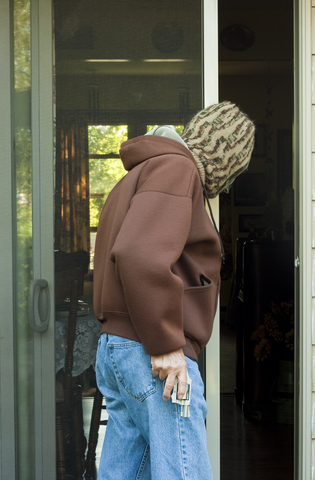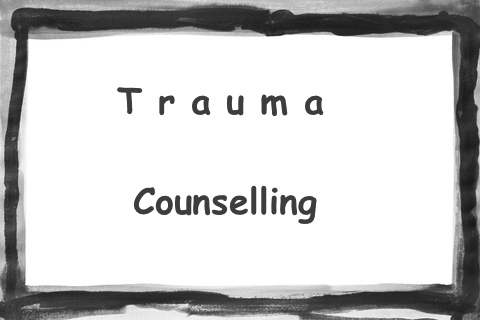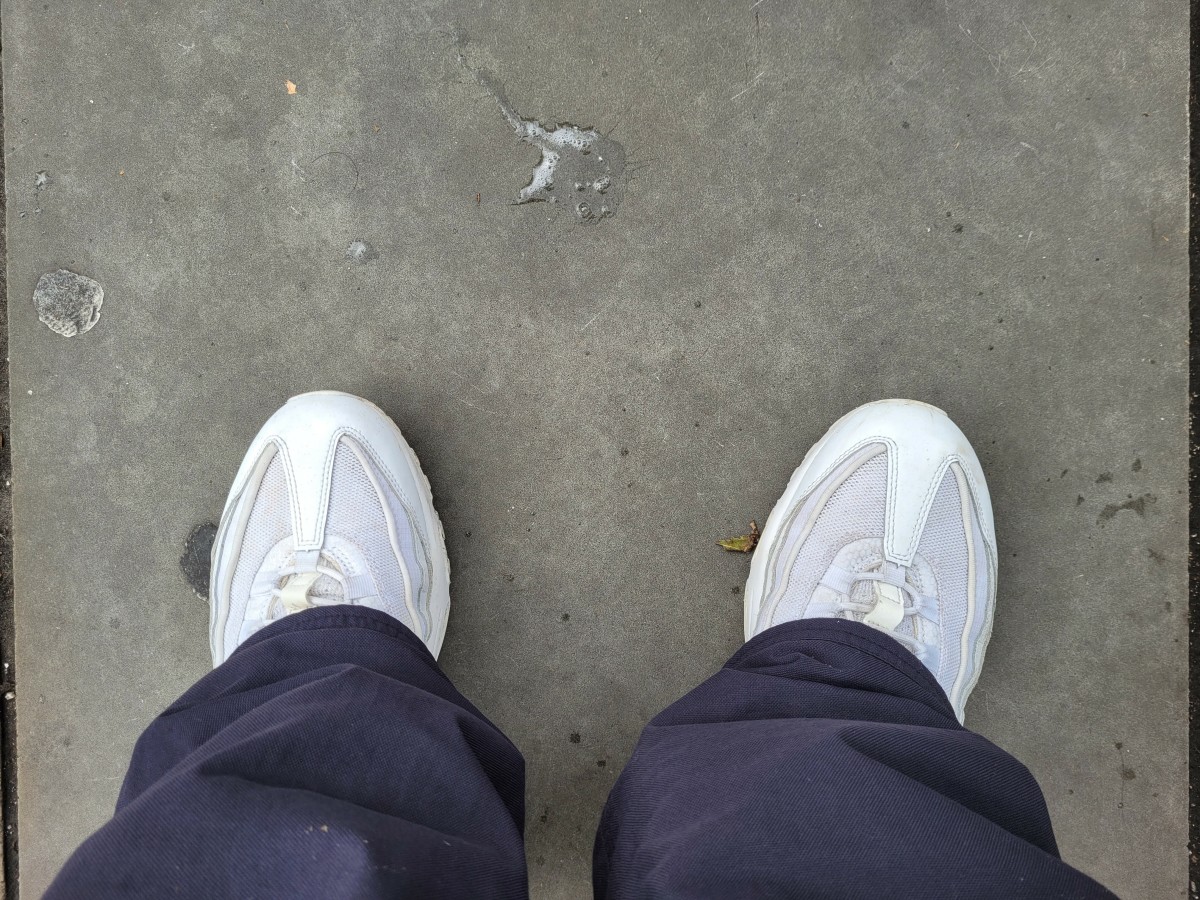Home Invasion - Armed Robbery

Armed Robbery in your Home
I live in a complex, containing twelve townhouses, a swimming pool, tennis court and playground.
Lovely place to live normally, but behind our back wall there is a lot of building activiity as properties have been subdivided and building is taking place - therein lies the problem.
In the last two months, three of our homes have been robbed and last week my next door neighbour, her two children and helper were robbed at 12 midday, by three armed robbers who tied up the mother, two children and the domestic help, threw blankets over them and locked them in the bedroom. Simultaneously two armed men also robbed the townhouse behind us – this time a grandmother and her three year old grandson were tied up. So obviously a gang of five.
Once the gang had left, the police were called and arrived promptly. Freeing the my neighbours once I alerted them to their crises.
As I am a counselor, I sat and talked, fed and watered the children for hours, while everyone gave statements to the police, called the locksmiths, and spoke to the owners of the other invaded home.
All in all - a nasty business, thankfully no physical damage, only the trauma of a gun to their heads and the threat of rape if they did not keep quiet.
Tips on checking and keeping your home secure!

How to Survive an Armed Robbery or Home Invasion
Taking the advice of Dr. Rudolph Zinn who offers the following advise based on interviews with 30 convicted house burglars in prison.
- According to these criminals, the lives of victim’s would be spared if they remained calm, didn’t fight back, kept their hands visible and stayed still, only speaking if they were spoken to.
- So breathe deeply and control your fear. Concentrate.
- Try here to always protect your head, put your arms over your head, raise your shoulders to protect your neck area and try to stand sideways to the firearm – no face on.
- Be honest and ensure there are no surprises such as someone else on the premises or an expected visitor.
- Try to give them what they want so they can disappear quickly – the criminals sometimes felt they get more loot from their victims if they use violence.
The longer they're in your home, the more likely it is that someone will get hurt.
Try to remember what the robber looks like and what they touch so that you can inform the authorities once it’s all over.
Most house robbers are aged between 19 and 26 and their criminal career began in their teens, and 30% of them had used extreme violence or murdered in the course of their crimes. Women are most often hurt during house robberies.
Generally, they were from poor backgrounds, not well educated and as one prisoner told Dr. Zinn, “I make more in 5 minutes than I did working for a month.”
Robbers will monitor the home and movements for as long as is needed to formulate a plan – sometimes up to two weeks. They will also research and monitor the response times of armed response companies.
Most attacks occur between 7pm and midnight as people are relaxed, cooking or watching TV, and the security systems and beams are not activated. While alarms are not a deterrent, electric fences, CCTV, and detection beams deter robbers. Also little dogs kept inside the home.
The average robber commits 104 robberies over seven years before being caught. 97% of robbers or burglars are armed, and on average there are four members in an armed robbery gang. The conviction rate for house robberies in the USA is 53%.

Effects of Trauma
Trauma victims are seldom aware of the effects of trauma and have difficulty understanding the problems they consequently experience.
Some of the effects are:
- Recurring nightmares about the trauma
- Flashbacks and intrusive distressing memories
- Efforts to avoid thoughts, feelings, activities, or situations associated with the trauma
- Decreased interest in previously enjoyed activities
- Inability to have loving feelings or feel any strong emotions
- Exaggerated startle response
- Difficulty concentrating
- Difficulty falling or staying asleep
- Irritability
- Feeling unsafe and watchful
- Depression, fear, anxiety, guilt, social isolation.
Recovery from psychological trauma is often a difficult and gradual process, but when a survivor takes direct action to cope they feel a greater sense of control.
Once a victim feels safe and secure with the counselor and their surroundings, they should revisit the event in order to heal. These can involve repeatedly telling the story, and by the counselor asking questions, reprocessing in a new way or allowing the body to discharge any negative energy.
Mentally re-experiencing a traumatic event helps patients organize memory cues about it, which encourages the mind to restructure the trauma. This enhances the survivor’s self control and decreases the generalised fear to passive stimuli.
Instead of the thought going round and round in the person’s mind the thoughts out of the mind and on the ‘table’ to be looked at objectively.
Another approach to try after the above is to walk through the trauma backwards. Starting say 30 minutes after the event (when everything was as alright as it could be at that time.) The theory here is disassociating the mind from the event.
Everyone should know what to do during an armed robbery and be aware of the resultant trauma caused.
A few Police tips on keeping your home safe.
When to Seek Professional Assistance
You should seek professional assistance if the symtoms resulting from the trauma are too distressing or last for more than 3 weeks.
Warning Signs may include:
- Unable to handle the intense feelings or physical sensations
- Feeling empty and emotionally numb.
- Continuing to experience strong distressing emotions.
- Continuing to have physical symptoms of being tens, agitated and on edge
- Continuing to have disturbed sleep and or nightmares.
- No-one available to support you or with whom you can share your feelings and emotions
- Having relationship problems with friends, family and colleagues
- Increasing use of alcohol or drugs.





